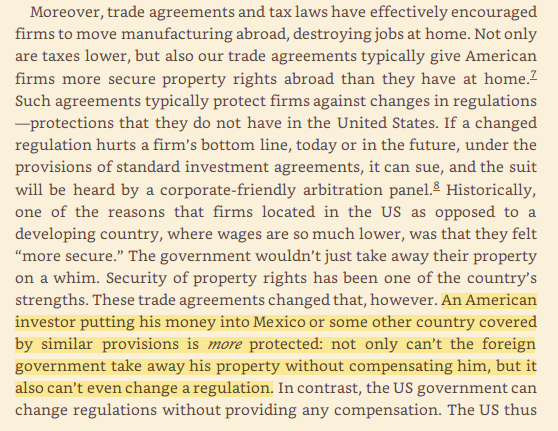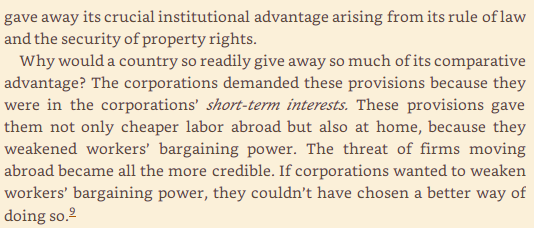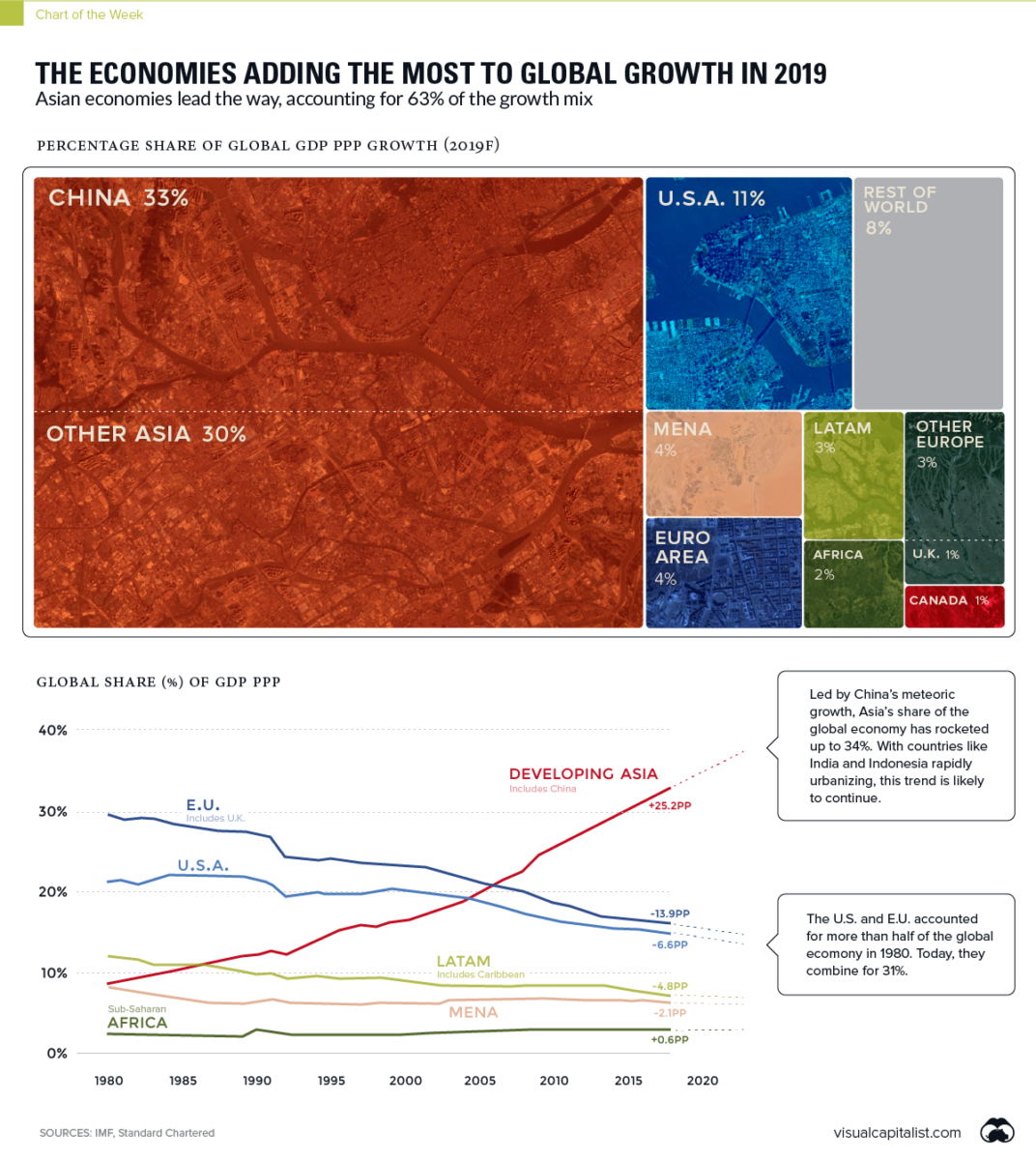I have been looking at the work of Cornell University law professor Robert Hockett, who is serving as an economics adviser to Representative Alexandria Occasio-Cortez. I have been delighted to find that Hockett has been working the same angle I have: applying the classical republicanism that informed the creation of USA, to today’s issues of political economy. Hockett’s contribution is the development of the concept of what he calls “the producers’ republic“:
….the United States actually has a distinguished tradition of what I am calling “productive republican” finance. It is a tradition pursuant to which productive assets were deliberately spread broadly among diligent citizens ready to better the lives of themselves, their families, and ultimately their communities through thoughtful, hard work.
Historically, the tradition is rooted in two complementary sources: first, an implicitly opportunity-egalitarian, “productive yeoman” colonial culture and subsequent national self-image, stemming in large measure from the Civic Republican and Classical Liberal ideological origins of the American republic; and second, an attendant suspicion of large aggregations of financial capital, stemming ultimately not only from the inconsistency of such aggregations with equal opportunity and productive yeomanry themselves, but also from many of the Founders’ and their forebears’ personal experiences, as agronomists, with exploitative absentee London banking concerns across the
Atlantic.
This past January, Hockett was a participant in a small conference Money as a Democratic Medium, sponsored by Harvard University’s Program on the Study of Capitalism, Institute for Global Law and Policy:
Money, governance, and public welfare are intimately connected in the modern world. More particularly, the way political communities make money and allocate credit is an essential element of governance. It critically shapes economic processes – channeling liquidity, fueling productivity, and influencing distribution. At the same time, those decisions about money and credit define key political structures, locating in particular hands the authority to mobilize resources, determining access to funds, and delegating power and privileges to private actors and organizations.
Recognizing money and credit as public projects exposes issues of democratic purpose and possibility. In a novel focus, this conference makes those issues central. Scholars, policy makers, and students have often assumed that money and credit emerge from private exchange and entrepreneurial activity. Recent work, by contrast, emphasizes that modern currencies depend on collective orchestration. That approach resets the frame.
One of the participants was Jeffrey Sklansky, professor of history at the University of Illinois at Chicago and author of Sovereign of the Market: The Money Question in Early America (University of Chicago Press, 2017). Sklansky gave a brief but excellent overview of the career of Charles Macune, the head of the Southern Farmers’ Alliance from 1886 to December 1889 and editor of its periodical, the National Economist, until 1892. Macune developed the Sub-Treasury idea to break the stranglehold the big banks and grain trading firms had on finance and credit for agriculture. There is precious little information available on Macune, and Sklansky has earned my deep respect for what he is doing.
Hockett’s presentation is also in this video, as is that of Joseph R. Blasi of the Rutgers School of Management and Labor Relations, “The Citizen’s Share: Reducing Inequality in the 21st Century”
This is only one of about a dozen YouTube videos of the Money as a Democratic Medium conference.
In Having a Stake: Evidence and Implications for Broad-based Employee Stock Ownership and Profit Sharing, Blasi writes about the federally mandated profit sharing the administration of George Washington imposed on the cod fishery to rebuild it, after the British had nearly destroyed it because it trained so many of the officers and sailors in the American navy.
….Jefferson, Washington, and the Congress chose to help the industry get back on its feet by what was essentially a tax cut (in lieu of tariffs paid for supplies coming from outside the U.S.) to the owners and workers of the cod fishery on the condition that the ship owners share the tax credits with all the workers…. they rejected outright subsidies to the wealthy owners who controlled the boats and warehouses on the basis that any government tax credits had to include workers. The law was explicit in its sharing criterion: owners had to share five-eighths of the credit with the crew, and additionally have a signed agreement with the captain and crew for broad-based profit sharing on the entire catch throughout the voyage. The tax credits were administered by the Treasury Department headed by Alexander Hamilton through the port Customs’ Houses. The arrangement helped rejuvenate the industry. Congress continued it for many decades. See The Citizen’s Share: Reducing Inequality in the 21st Century, Joseph R. Blasi, Richard B. Freeman, and Douglas L. Kruse. (New Haven: Yale University Press, 2013), 1-8. See also the Report on the American Fisheries by Secretary of State Jefferson.




